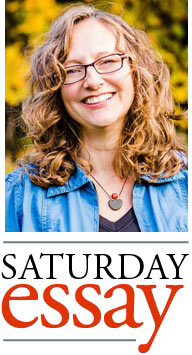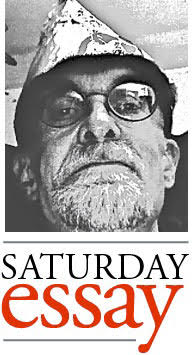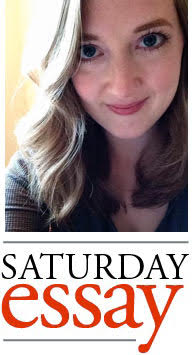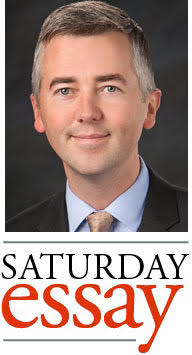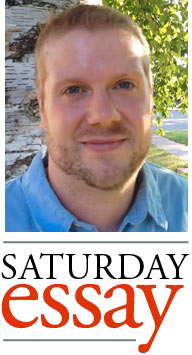I Did Love the Place Then
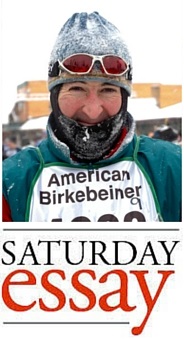 After several hours of splashing around, I pulled myself up to the dock. I held onto the edge and floated. My daughter said, “Your wedding ring is gone.”
After several hours of splashing around, I pulled myself up to the dock. I held onto the edge and floated. My daughter said, “Your wedding ring is gone.”
What kind of kid notices that? I thought she was kidding. Then, I looked at my left hand. No ring.
I spent the next hour swimming with a scuba mask trying to pull off a miracle. The lake water looks like tea because of the tannins. Or maybe even darker like root beer. As I swam down, I could barely see. I hoped to see a little glint in the gravel. It never happened.
So, now I wear a replacement ring. The ring I put on twenty years ago sits at the bottom of the Whiteface Reservoir, a permanent part of the St. Louis River watershed. I sit like Gollum on the dock, sip my gin and tonic, gaze out over the water, and wonder about my precious. My precious.
When I was a kid, I didn’t notice things like rings on my dad’s hand. But I noticed his finger and where it pointed on the topo map. It was deer season in Plymouth, New Hampshire. I was in high school and an important part of the game plan to fill the freezer with venison.
“I’m going to sit here at the top of this drainage,” my dad said. “You walk down the road on this side of the ridge to here. Come over the ridge and walk up the drainage toward me. If you hear a shot, sit down for five minutes. Then, when you hear two shots, it means I found the deer and you can walk to me.” He said drainage so much during the huddle, I thought he was talking about nasal passages instead of a small mountain valley.




